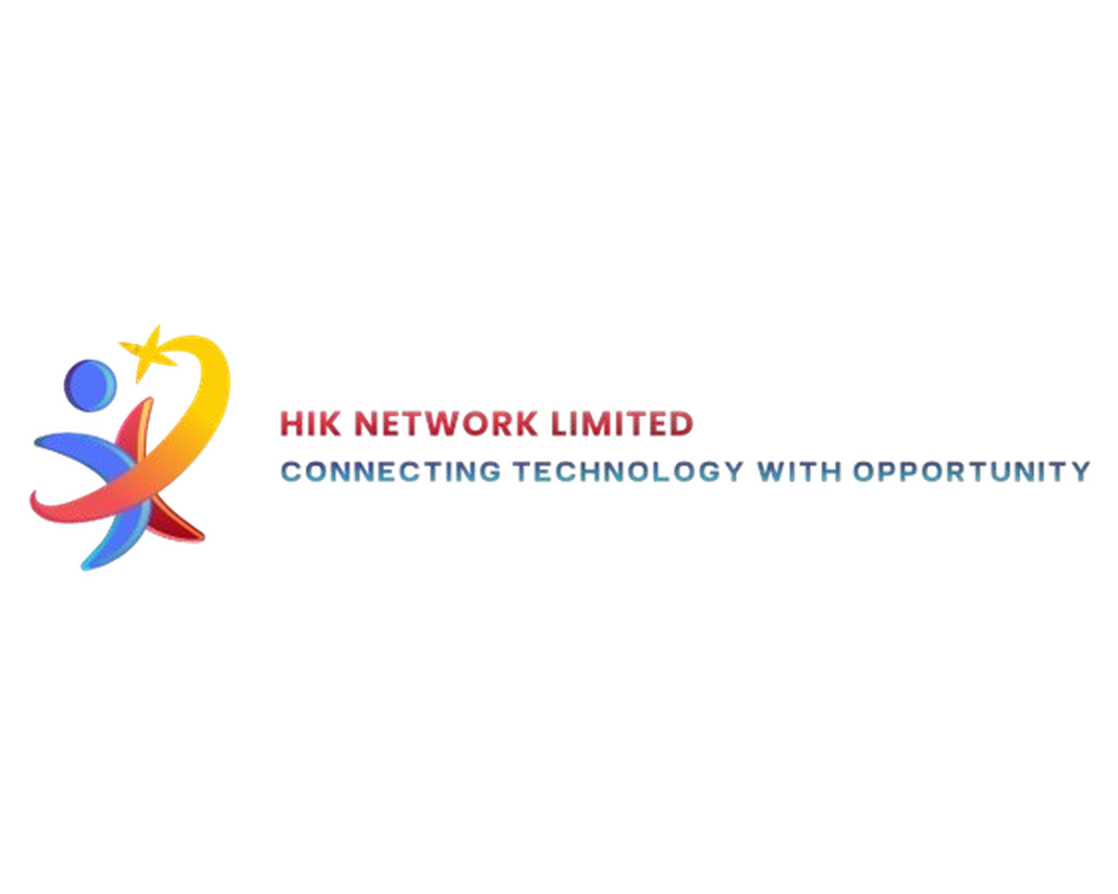Community Solar Charging Stations
This was an opportunity to improve Rural communities’ quality of life and bridge the energy gap. In Lira district, there is a significant lack of access to charging facilities for phones, lanterns, and small appliances.
- Welcome to HIK Network Ltd
- Case Studies
- Community Solar Charging Stations
Case Details
Start Day: 07/06/2023
Tags: Convinience, Community empowerment
Project Location: Lira District
Beneficiaries: 264 households.
Let’s Work Together for Development
Call us directly, submit a sample or email us!
Address Business
Contact With Us
Working Time
Holiday : Closed
The Story
In many rural communities across Uganda, unreliable electricity or complete lack of access hindered daily life. Community members often traveled long distances to charge phones, power lanterns, or access other essential services, incurring significant costs and inconvenience.
The charging stations have become a lifeline for residents, powering essential devices while promoting renewable energy adoption.
What did Hik Network do?
Through site surveys we identified ideal charging stations in centers of community hubs like marketplaces, schools, and health centers, where high-efficiency solar panels and storage batteries were installed.
Our team trained local community members to operate and maintain charging stations, creating job opportunities and promoting sustainability, while also creating user-friendly maintenance schedules and troubleshooting guides.
We collaborated with NGOs and government agencies to subsidize installation and setup costs and introduced a token-based payment system for affordable device charging fees. guides.
Hosted community meetings to educate residents on solar energy benefits and charging station usage, gathering feedback to optimize operations and address local needs.
Data Analysis Chart
| Metric | Before Project | After Project |
|---|---|---|
| Distance to Nearest Charging Facility | 5-10 km average | 0.5 km (accessible in the village) |
| Charging Costs per Day | 500ugx-1000ugx per item | 300ugx-500ugx per item |
| Devices Charged Daily | Limited to 1-6 devices | 20+ devices |
| Employment Opportunities | None | 25 local operators trained |
| CO2 Emissions from Diesel Use | High (from generator use) | Zero emissions |
The Results
Solar-powered charging stations have eliminated the need for community members to travel long distances to access charging facilities, enhancing their productivity and connectivity.
Improved Access to Energy:
Cost Reduction:
Job Creation:
Environmental Impact:
Community Empowerment:
Customer reviews of the case
"Before this project, charging our phones or lanterns was expensive and time-consuming. Now, with the solar charging station just minutes away, life has become so much easier. The fact that it’s powered by clean energy is a bonus. We are grateful to HIK Network for bringing this solution to our community!"


